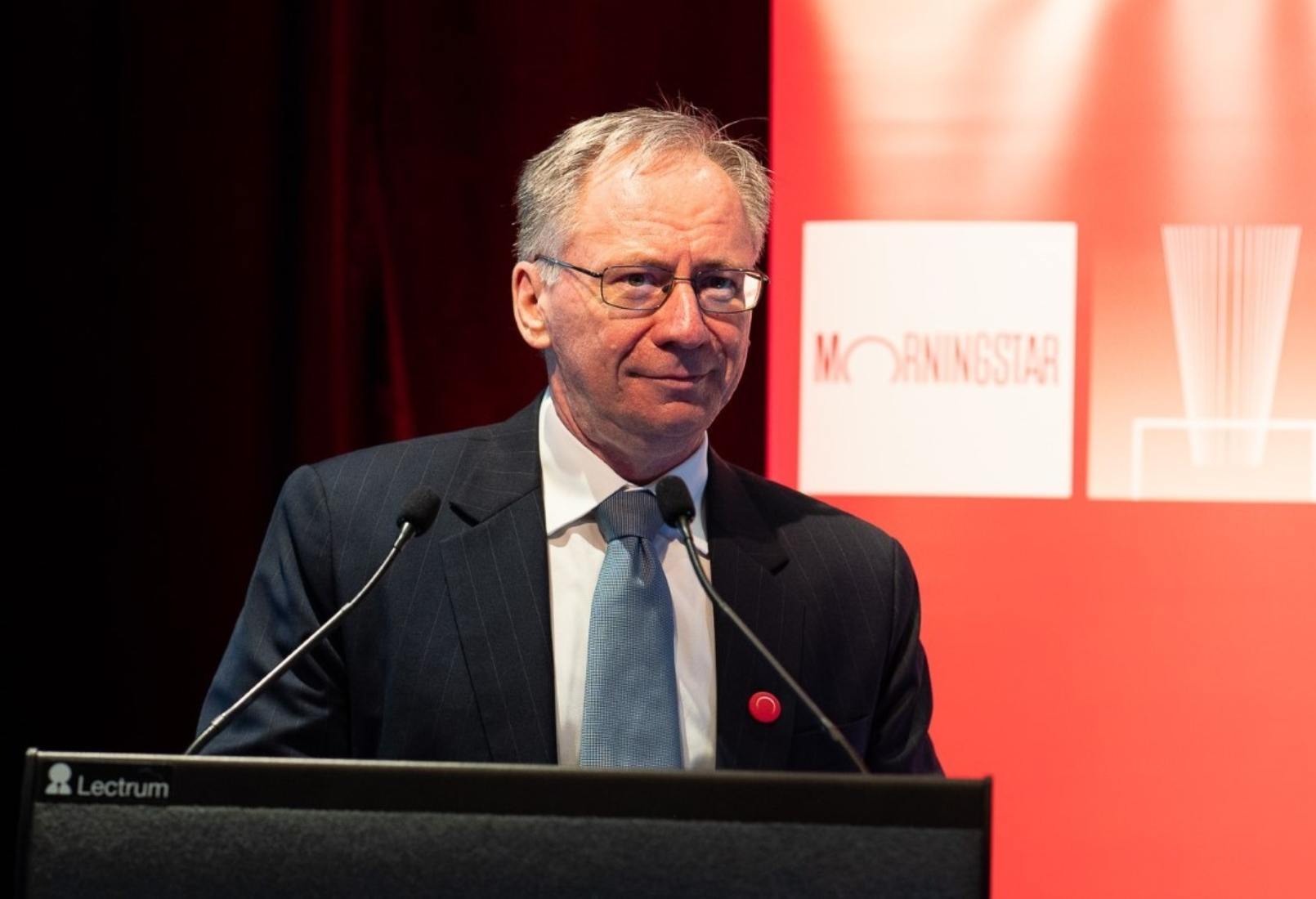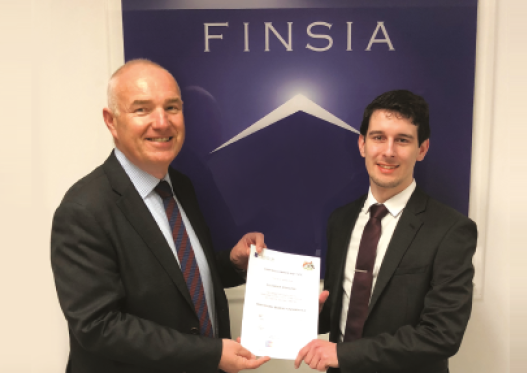Exchange-traded funds in Australia recorded a sizeable growth in 2021, underpinned by their growing popularity from retail investors.
According to Morningstar’s ETF Investor Report – which tracks key trends in the market each quarter – assets surged 23.9% to $117 billion.
The strong domestic equity market (the Morningstar Australia Index posted gains of 18% for the year) was a sentiment booster as investors pumped in AUD20.8 billion into local equity ETFs, marking a 12.1% increase in net inflows relative to 2020.
Market jitters
As 2022 unfolds, inflationary risks have emerged as well as broader geopolitical risks, most notably the Russia-Ukraine conflict. Indeed, the ASX fell 3 per cent when Russia announced its Ukraine operation in February.
Despite choppy markets and negative sentiment, momentum will continue for ETFs. There is a pool of money from mandatory superannuation that needs to be invested. While markets can move sideways, or even down, at times, this is unlikely to impact investor demand for ETFs.
The shift to niche
A key trend emerging in our yearly assessment was the increasing growth of products skewered towards more niche areas. This was driven by the need to stay relevant and address investors' ever-changing preferences.
BetaShares and VanEck tapped into the trend for specialty and narrowly focused ETFs with a number of successful launches in 2021.
The popular areas for growth have been ESG and disruptive technologies. Four of the strategies introduced last year have crossed AUD100 million in assets, notably the BetaShares crypto product, which was only launched in November. The sustainable and active ETF launch pipeline remained strong as 12 new ETFs (sustainable and active) were introduced to the market in 2021.
However, with the increasing trend towards niche ETFs, it is crucial that investors and advisers understand that as these products focus on the narrow segments of the market, these sectors are also often newly explored, under-researched, and may be focused on just one specific theme.
As such, investors may often get exposure via an obscure rules-based index from a little known index provider. As product innovation is perceived to remain theme-based, investors should be wary of the risk/return imbalance that such products exhibit.
So, what should be an investor's approach? For starters, careful due diligence before investing has become more critical than ever. Product providers are key. The more mainstream ETF providers already have the track record in the market. What is also crucial is understanding the index that the ETF tracks. This is very important as returns will be driven by this index. We want the index to have clear rules and a clear methodology particularly around how the make-up of the underlying companies and their weightings in the ETF and also how they will be rebalanced.
Many strategies focus on specific themes that often only capture the fleeting interest of investors. It’s a trend that will probably continue. At Morningstar we see that 'investment merit' is of key importance. As the sector develops into the future, we suggest that investors should try to avoid fads and focus on long-term, well-diversified options at the cheapest possible price. This remains, in our view, a core principle of ETF investing.
About the author
Justin Walsh is an associate director of manager research, Morningstar Australasia.








